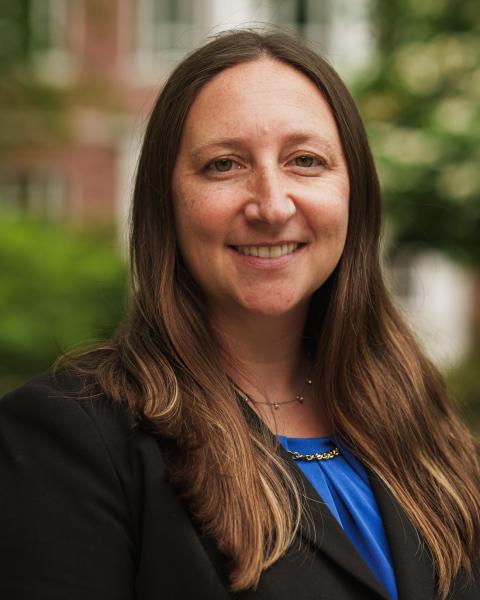You Are Not Alone
A New Network Provides Support to Cope With the Pressures of Farming
SHARE
Extension Services & Tools That Help NH Farmers Grow
Newsletters: Choose from our many newsletters for production agriculture
Receive Pest Text Alerts - Text UNHIPM to (866) 645-7010



